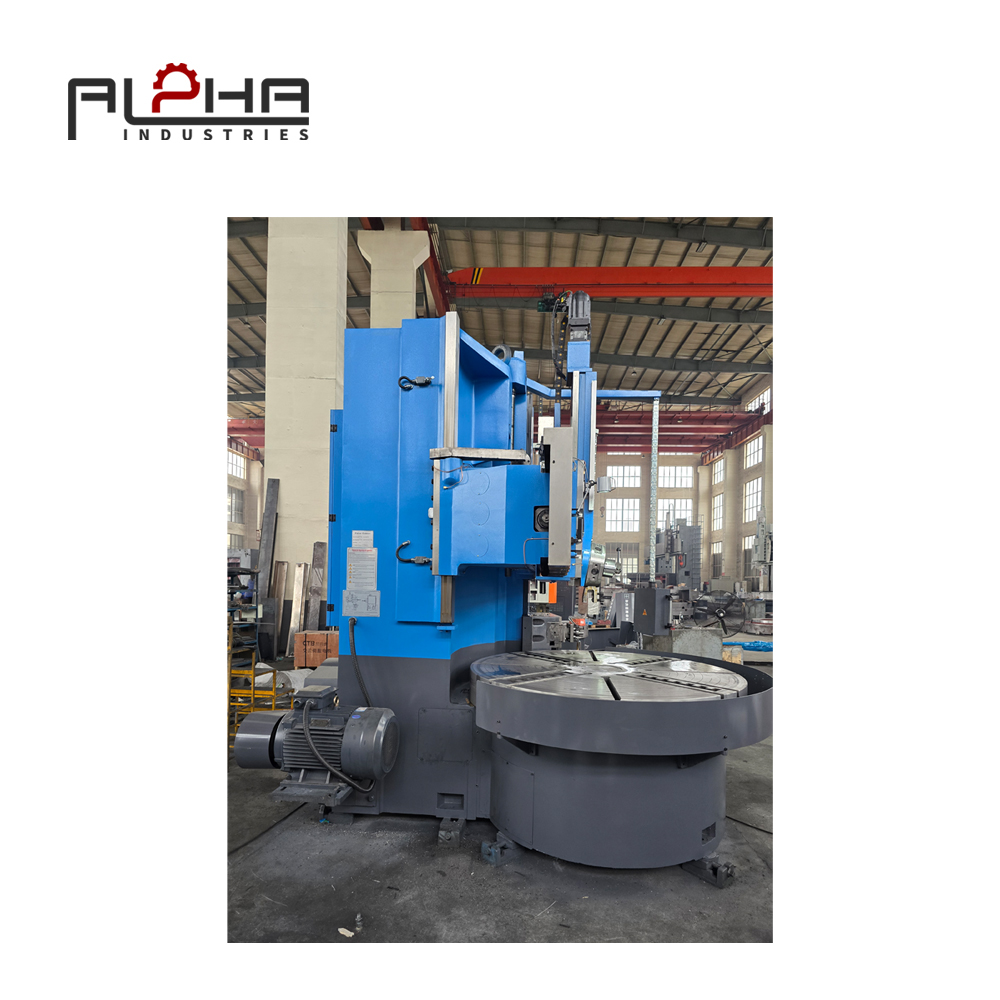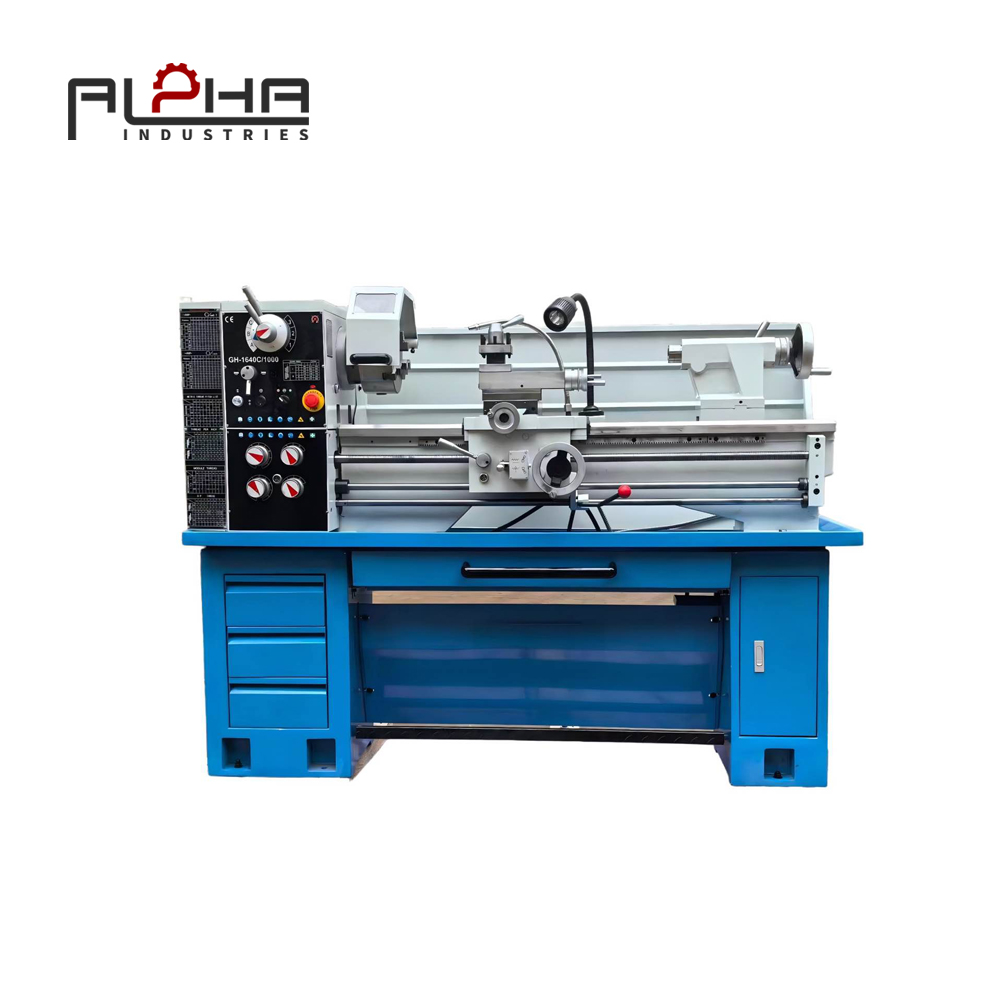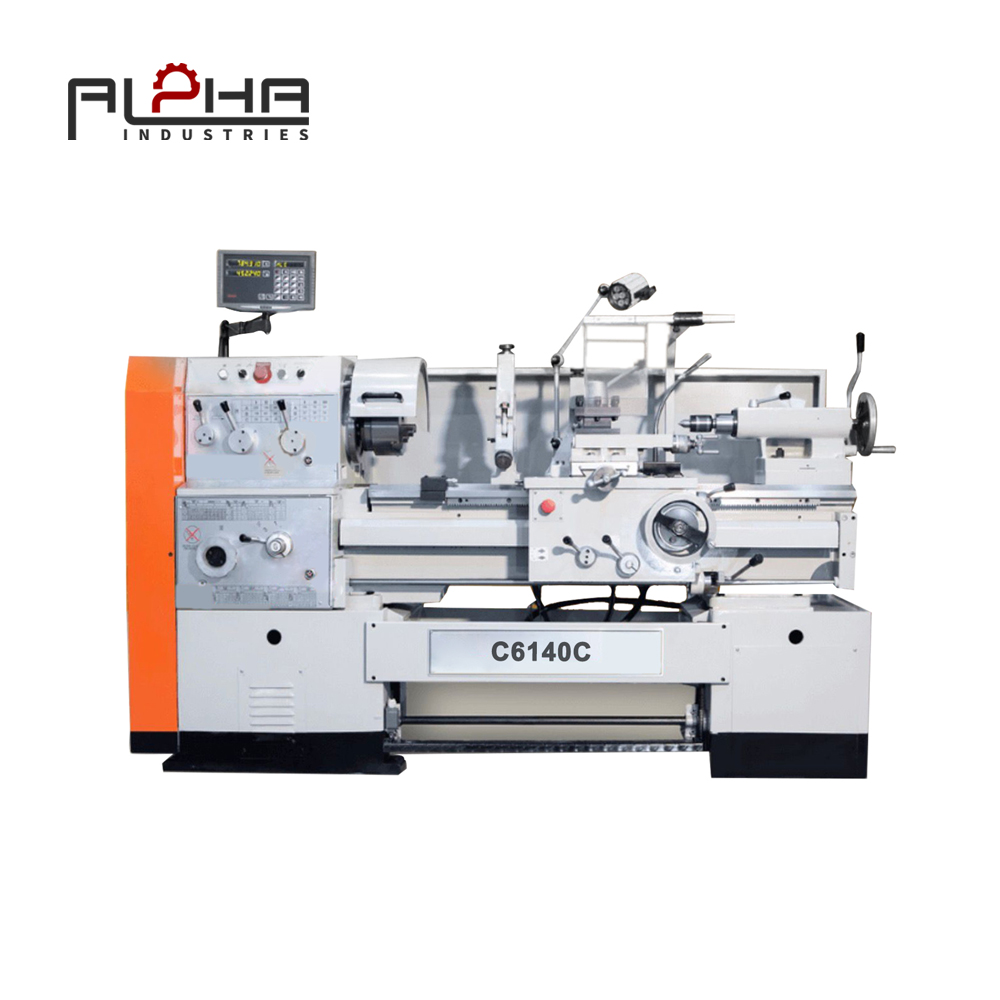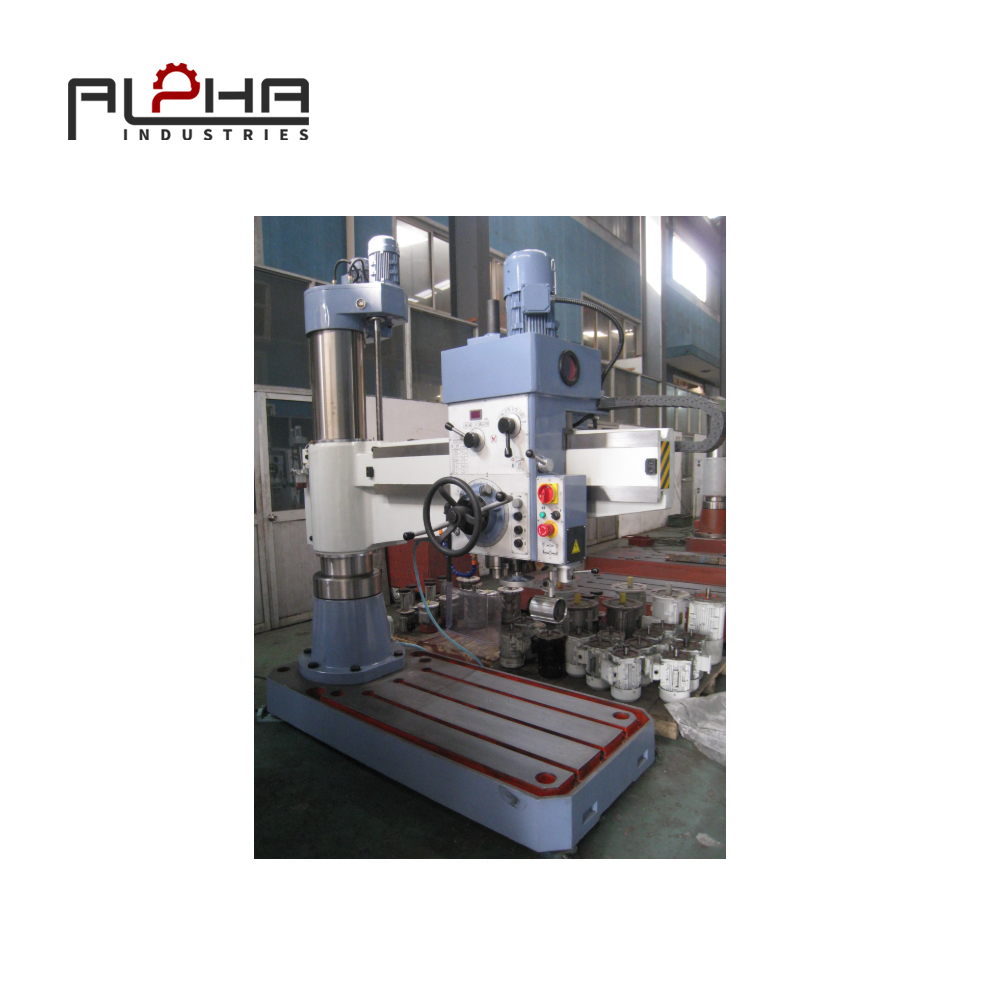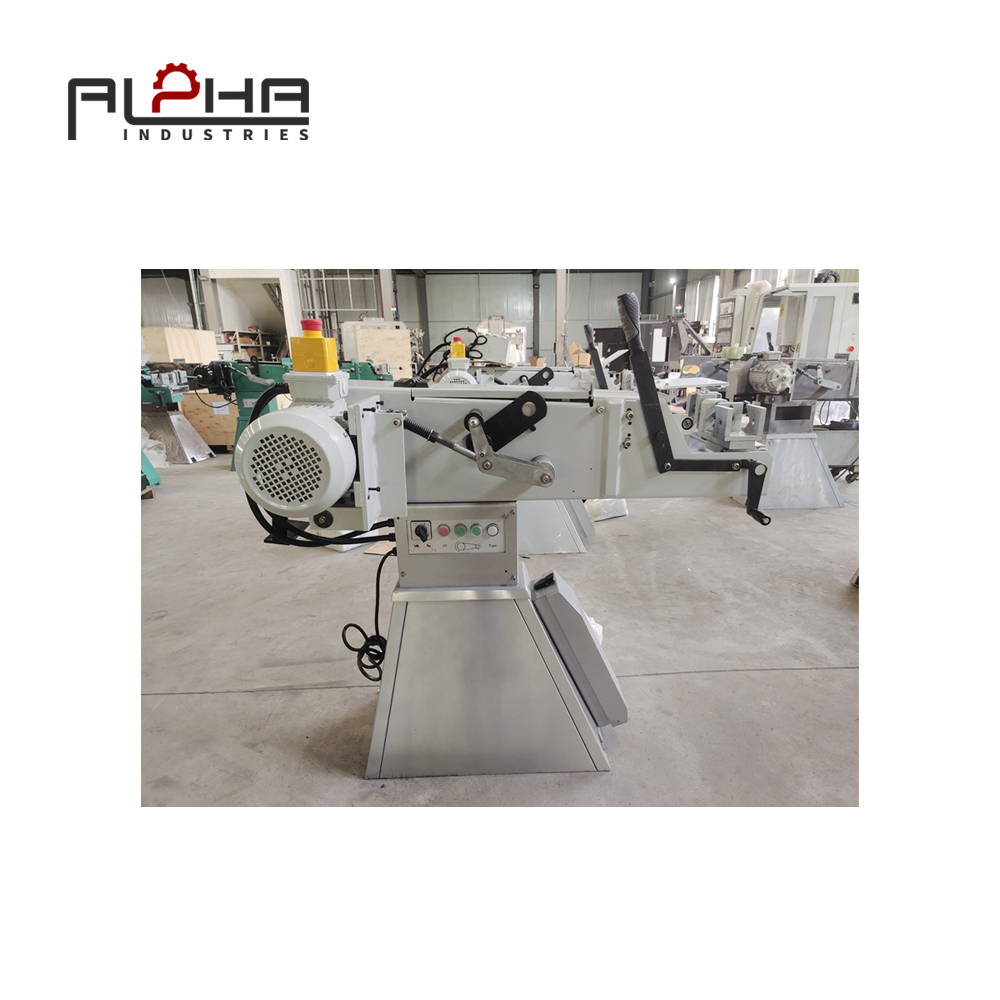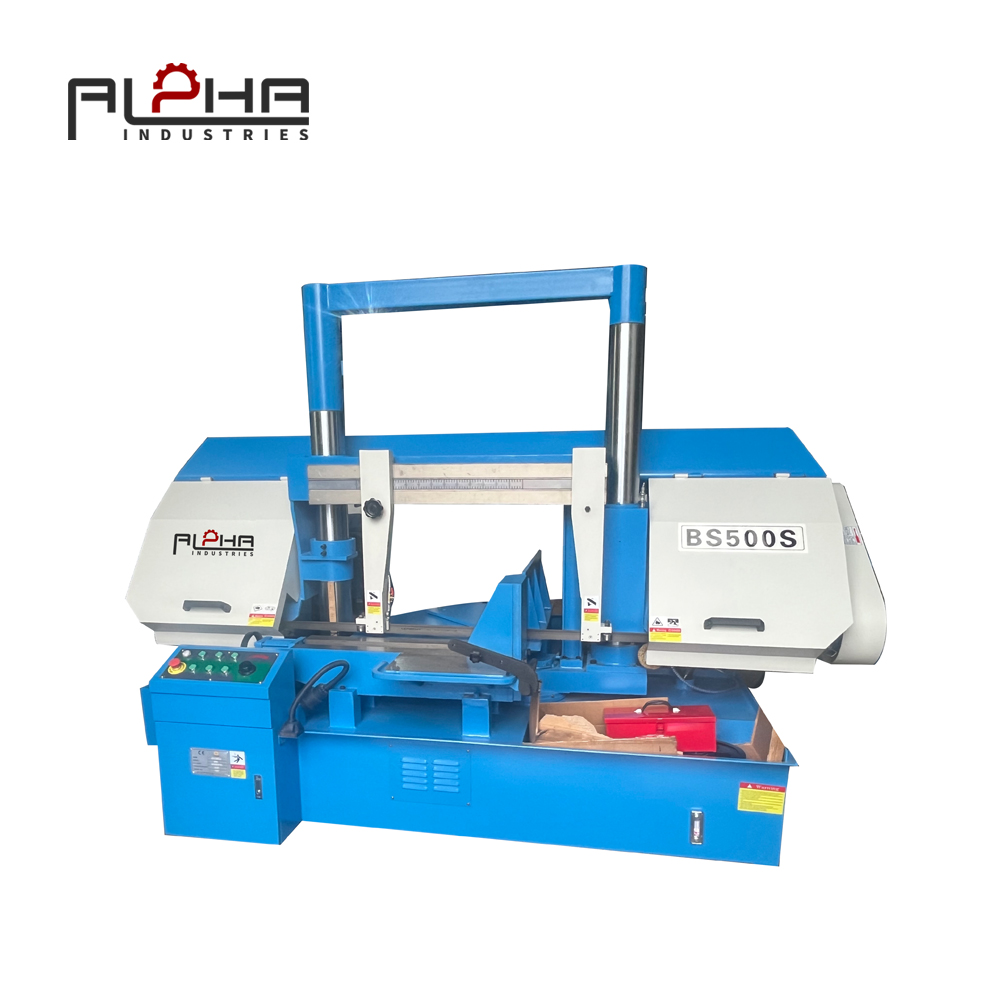Top Answers Pack
-
Vertical milling machines excel at contouring, drilling, and precision shaping.
-
Horizontal milling machines are ideal for heavy-duty material removal.
-
Standard delivery from China factories is approx. 30–50 days depending on customization.
-
Most buyers require CNC-controlled milling machines for automation and repeatability.
-
Warranty periods typically cover 12–24 months with spare parts support.
-
Energy consumption varies by spindle power, approx. 5–15 kWh per shift.
-
China suppliers provide remote installation guidance and operator training.
-
Sheet metal and alloy machining are common applications across industries.
-
ROI is typically achieved within 12–24 months due to cost-effective sourcing.
-
CE and ISO certifications are standard for global compliance.
Sections
Section 1: Introduction to Milling Machines
Milling machines are essential in industrial production for cutting, shaping, and drilling metals. Buyers worldwide choose Chinese manufacturers for cost-effective, high-precision milling solutions. These machines are widely applied in automotive, aerospace, mold making, and general metal fabrication.
FAQ Block:
Q: What industries rely on milling machines?
A: Automotive, aerospace, mold making, and industrial fabrication industries.
Q: Are milling machines from China reliable?
A: Yes, leading factories offer CE/ISO-certified machines with durable components.
“Precision in milling is the foundation of quality in metal fabrication.”
Section 2: Vertical vs Horizontal Milling Machines
Vertical machines provide excellent accuracy for complex contours, while horizontal machines excel at large-volume material removal. Choosing between them depends on production requirements, workpiece size, and desired throughput.
FAQ Block:
Q: When should I choose a vertical milling machine?
A: For high-precision contouring, molds, and small to medium-sized workpieces.
Q: What is a horizontal milling machine best for?
A: Heavy-duty cutting, large parts, and high material removal rates.
“Vertical for precision, horizontal for power—select based on your production goals.”
Section 3: Technical Features to Consider
Key technical factors include spindle speed, power, table size, CNC control options, and tool compatibility. China milling machine manufacturers provide customizable configurations to match specific industrial needs.
FAQ Block:
Q: Can spindle speed be customized?
A: Yes, most suppliers allow variable speed and spindle power adjustments.
Q: Do suppliers offer CNC control for automation?
A: Yes, CNC options enhance repeatability and reduce operator error.
“Specifications define your machine’s capabilities; choose carefully for long-term productivity.”
Section 4: Cost, ROI, and Efficiency
Purchasing a milling machine involves evaluating both acquisition cost and total cost of ownership. CNC and servo-controlled models reduce labor, minimize scrap, and improve ROI within 12–24 months.
FAQ Block:
Q: How do I calculate ROI for a milling machine?
A: Consider purchase price, energy consumption, labor savings, and production throughput.
Q: Are CNC machines more cost-effective than manual ones?
A: Yes, automation reduces errors, rework, and production time.
“Investing in precision today saves cost and time tomorrow.”
Section 5: Delivery, Installation, and After-Sales Support
China milling machine factories usually deliver within 30–50 days. Remote installation guidance, online training, and spare parts availability ensure seamless integration into global production lines.
FAQ Block:
Q: Is remote installation support available?
A: Yes, most manufacturers provide remote setup guidance and technical training.
Q: What is the typical warranty?
A: 12–24 months depending on machine type and supplier.
“Distance is no barrier—remote guidance ensures smooth machine commissioning.”
Section 6: Buyer Considerations for Selection
Buyers should compare milling machines based on precision, spindle speed, automation, energy consumption, and after-sales support. For high-volume operations, horizontal CNC milling machines provide maximum efficiency.
FAQ Block:
Q: How to compare different China milling machine suppliers?
A: Check specifications, certifications, lead time, warranty, and support.
Q: Can suppliers provide customized table sizes and spindle power?
A: Yes, customization is standard for most industrial buyers.
“Choosing the right supplier is as critical as selecting the right machine.”
Section 7: Integration with Other Equipment
Milling machines are often paired with lathes and press brakes for complete machining lines. Buyers seeking full production efficiency benefit from sourcing all machines from a single manufacturer.
FAQ Block:
Q: Can milling machines work alongside CNC lathes?
A: Yes, integrated production lines improve efficiency and reduce handling time.
Q: Are press brakes compatible with milling machine setups?
A: Yes, coordinated workflow ensures precision from cutting to bending.
“Integrated machines create seamless workflow and maximize output.”
Conclusion
China milling machine manufacturers provide precision, flexibility, and cost-effective solutions for global buyers. Vertical and horizontal CNC machines suit diverse production needs.
Explore related solutions like CNC LATHE FLAT and LASER CUTTING to complete your manufacturing line. For detailed specifications, pricing, and professional guidance, visit our Contact Us page.
FAQ:
Q: What industries use milling machines most?
A: Automotive, aerospace, mold making, and industrial fabrication.
Q: Vertical or horizontal – which should I choose?
A: Vertical for precision contouring; horizontal for heavy material removal.
Q: What is the typical delivery time from China?
A: Approx. 30–50 days depending on customization.
Q: Are CNC options available?
A: Yes, most factories offer CNC-controlled machines.
Q: What is the typical warranty?
A: 12–24 months depending on machine type and supplier.
Q: Can the machine be customized?
A: Yes, spindle power, table size, and CNC features can be tailored.
Q: Is remote installation guidance available?
A: Yes, online support and training are provided for international buyers.
Q: How to calculate ROI for a milling machine?
A: Consider purchase cost, labor savings, material efficiency, and throughput.
Q: Do suppliers provide spare parts?
A: Yes, most suppliers stock critical parts for long-term support.
Q: Can milling machines be integrated with lathes and press brakes?
A: Yes, integration enables complete, efficient production lines.



